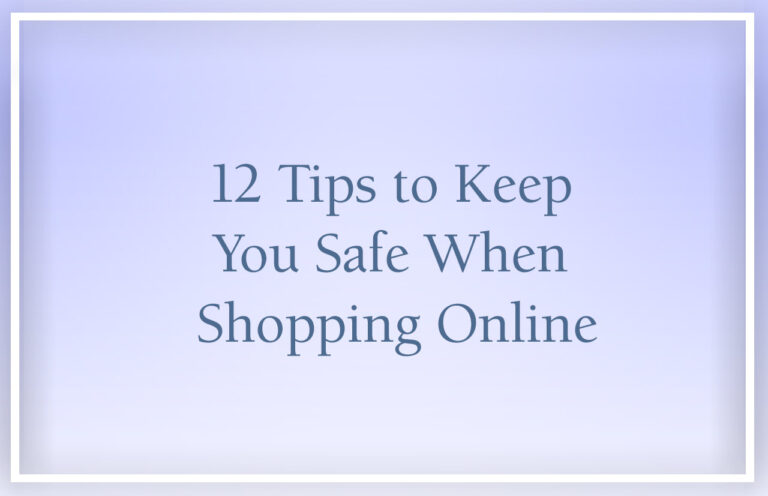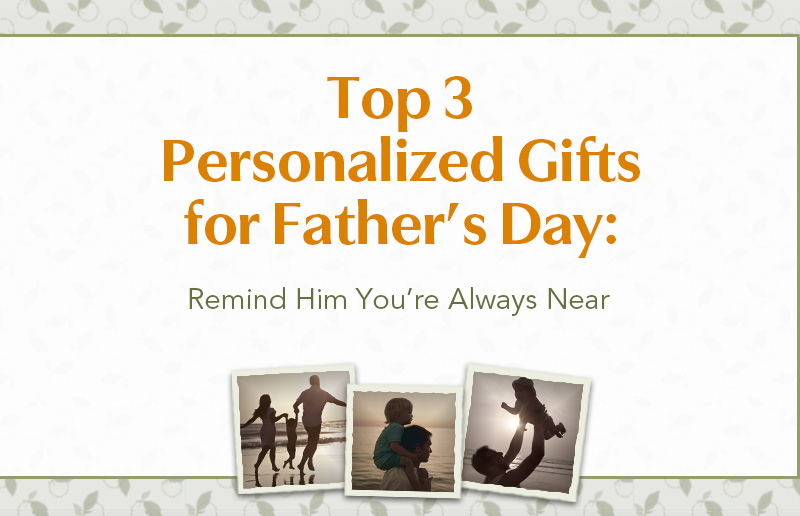Social media is a place to connect with the friends and family you love, to meet new people, to find out what’s going on in everyone’s life (and the world) and to have a good laugh every now and then. In recent years, it has also become a vibrant marketplace. A place to discover anything and everything you might want to buy. Some of the most interesting things – things you never even knew existed – can be purchased from sellers on Facebook.
However, not every business you encounter online is legitimate. There are scammers and fraudulent sellers who want to take advantage of people. But we want to encourage you to be a fearless shopper. That’s why we’ve taken the time to put together an essential list of “12 Tips to Keep You Safe When Shopping Online.” Take a look below for all the details.
1. Look for the Blue Verified Checkmark Badge
Only legitimate companies that have been verified as legally operating business entities will feature the Blue Verified Checkmark Badge.
2. If It Sounds Too Good to Be True, It Probably Is
If you see an item advertised for an extremely low price, especially when paired with additional offers, chances are it’s not a legitimate company or ad.
3. Does the Company Name Match the Item?
If the Facebook page is unverified, bears a name that seems disconnected from the item(s) they are selling, or doesn’t make sense, this is a strong indicator of a scam.
4. Look for Misspellings in the Company Name or Ad
To get around protection filters or to impersonate a company, a scammer will often intentionally misspell words or names. These can be subtle and difficult to spot, so read carefully.
5. Does the Website Address Match the Company Name?
When you click on an ad and are directed to the advertiser’s website, look at the website address in the address bar. Does it match the name of the company? If not, it’s likely not a legitimate site.
6. Is Their Facebook Page New?
If you spot a brand you are not familiar with, click on the company name and visit their Facebook page. Does the page seems newly created with little content? It may not be a legitimate company.
Other places to look for red flags on their Facebook page:
• “About” Tab – is it filled out completely and does it sound legitimate?
• Posts – do they interact and respond to customer comments?
• Live Videos – see if their live videos match their posted content or mention the company.
7. Look for Logos
Many fraudulent sellers will steal the images and videos of legitimate companies and use them to scam shoppers. If you see logos featured on the company’s content, check to see if they match the name of the company advertising.
8. Contact the Company Directly
If you are uncertain about a company or their offer, contact them. Send a private message through their Facebook page, call or e-mail them. Fraudulent sellers will often not respond.
9. Watch for Changes to the Website Address or Company Name
When making a purchase, always inspect the website address once you navigate to the shopping cart. The name in the address bar or the company header should not change during the purchase process. Fraudulent sellers often use many names or website addresses during the shopping journey but direct to one shopping website with a completely different name to complete the purchase. This is common with scams.
10. Check Your E-mail Confirmation
Once you place an order and receive your e-mail confirmation, review it to ensure the company listed is the same one you purchased from. If the names do not match, try reaching out to the company for an explanation. And always be ready to contact your bank or credit card company to stop a payment.
11. Proprietary Items Are Only Available from the Company That Created Them
If you are interested in something exclusive to one company but you see it advertised by a different one, it could be a fraudulent seller. Companies who invest their time and energy creating unique items will not offer them elsewhere. And they certainly will not offer them at extremely discounted prices or percentages off by other sellers.
12. Look for Officially Licensed Items
Many companies make legitimate licensing agreements to create items featuring popular characters or brands, such as Disney, HARRY POTTER™ or the NFL. Always check to see if these “officially licensed” items bear the appropriate logos and legal lines. When fraudulent sellers steal images or videos for a company’s officially licensed items, sometimes they will miss the logos or legal lines. Officially licensed items are only created by a company that has an agreement with the licensor. Any items they create under this licensing agreement are unique to them.
Thanks for taking a moment to read this very important blog post. Shopping on social media should be a fun experience and not a scary one. We are doing everything we can to make sure you have the tools you need to navigate the world of Facebook sellers with wisdom and without fear. Happy shopping everyone!
12 Tips to Keep You Safe When Shopping Online by The Bradford Exchange













